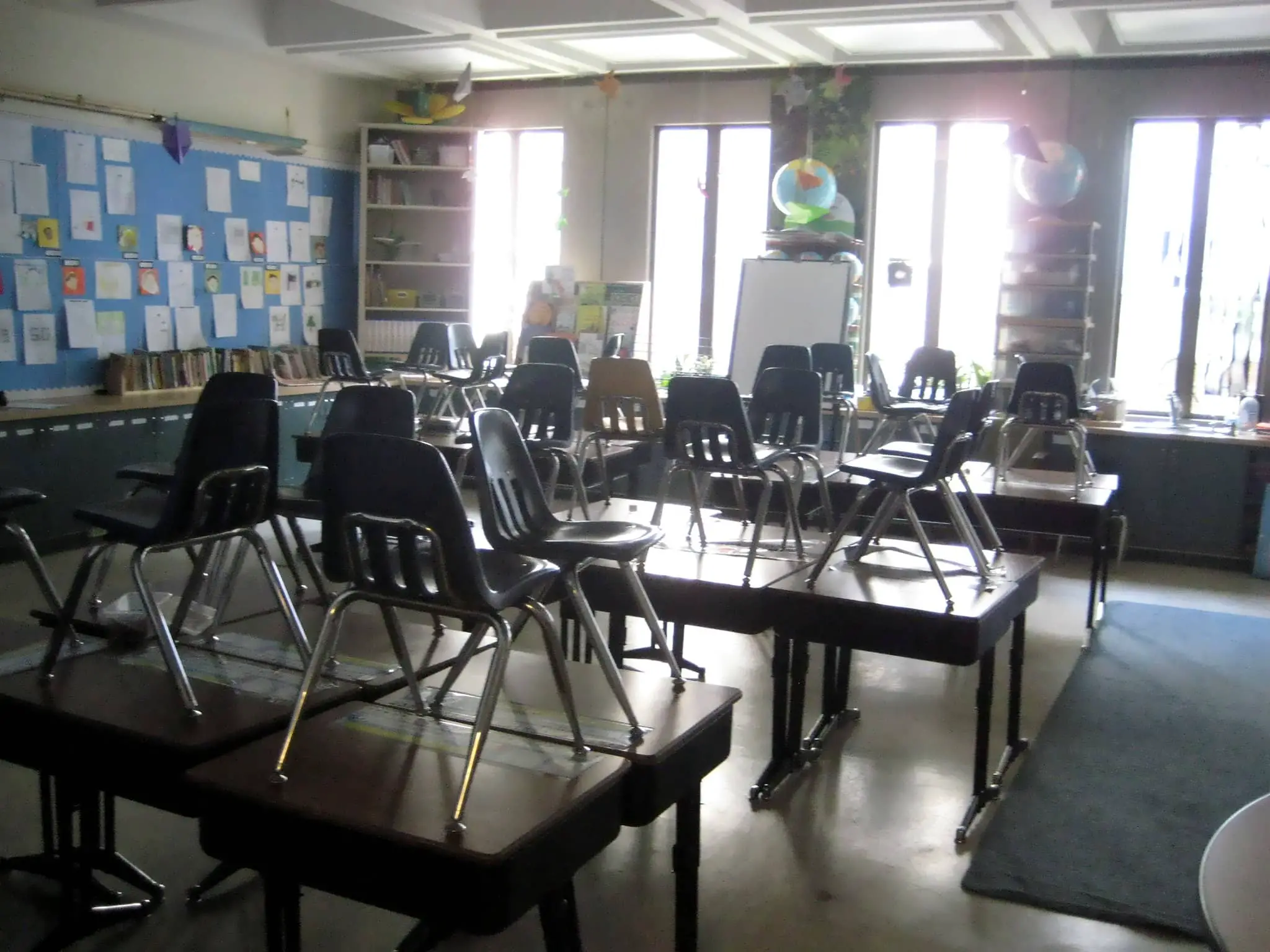In its ongoing campaign for a fully-funded, above inflation pay rise, teacher members of the National Education Union in England and Wales and support staff in Wales have voted overwhelmingly for strike action and the ballot has successfully surpassed the restrictive thresholds set by Government for strike action.
The question put was, “Are you prepared to take strike action in furtherance of this dispute?”.
For the ballot of teachers, in England a 90.44 per cent majority voted YES on a turnout of 53.27 per cent. In Wales a 92.28 per cent majority voted YES on a turnout of 58.07 per cent.
Pay rise to at least match inflation
The ballot is a result of failure by the Secretary of State in England and the employers in Wales to ensure enough money is available to pay a fully-funded increase in pay for teachers which at least matches inflation, and which begins to restore lost pay.
Seven days of strike action
The union is declaring seven days of strike action in February and March, though any individual school will only be affected by four of them. The first will be on will be on Wednesday 1st February, affecting 23,400 schools in England and Wales.
Teacher members in sixth form colleges in England, who have already been balloted and taken strike action in recent months, will also take action on these days in a separate but linked dispute with the Secretary of State.
Isle of Wight teacher strikes
There are four projected strike days for Isle of Wight teacher members.
Three will be national action; one will be regional:
- Wednesday 1st February 2023
- Thursday 2nd March 2023 in regions: London, South East, South West
- Wednesday 15th March 2023
- Thursday 16th March 2023
Three ballots for support staff were also conducted simultaneous to the teacher ballots in England and Wales.
Support staff
In England, a ballot result of support staff in schools saw a 84.13 per cent majority vote YES on a turnout of 46.46 per cent.
This result, despite being hugely in favour of action, just missed the Government’s restrictive thresholds.
In Wales, a ballot result of support staff in schools saw a 88.26 per cent majority vote YES on a turnout of 51.30 per cent. This result passed the thresholds and support staff in Wales will be called to take action in their dispute on the dates below.
Sixth form colleges
In England’s sixth form colleges, a ballot result of support staff saw a 83.56 per cent majority vote YES on a turnout of 36.23 per cent.
This result, despite being hugely in favour of action, missed the Government’s restrictive thresholds.
Who will be striking
This means that the following constituencies of NEU membership are able to take strike action in pursuance of a fully-funded, above inflation pay rise:
- teachers in England state-funded schools;
- teachers in Wales state-funded schools;
- support staff in Wales state-funded schools; and
- teachers in sixth form colleges in England.
Shreeve: Staff shortages and its impact on workload known for years
Commenting on today’s ballot results, Peter Shreeve, Assistant District Secretary of the National Education Union, said,
“It’s with a heavy heart that members have chosen to act. They have chosen to do so, because the government doesn’t appear willing to act or genuinely consult.
“Government has known about staff shortages and its impact on workload for years. In recent months the IFS, NFER and even Ofsted’s annual report have highlighted the need for more teachers to fill vacancies and achieve their own targets.
“However, closing this gap will not be a quick fix, but it’s not too late for positive discussion. The NEU has made their views known for months, but the government only offered their first meeting on 9th January. Far too late. I understand the next meeting with Education Secretary Gillian Keegan is planned for next Wednesday. We hope for genuine negotiation and progress.
“We are keen to have a resolution. One that moves towards a ‘minimum service’. For children, parents and education staff, this means not just the expectation, but the reality of a qualified teacher and subject specialist in every classroom. This is not possible when recruitment targets have been missed over so many years.
“We want qualified and experienced classroom assistants supporting, allowing teachers to teach too. Let government provide the means to fulfil this expectation of a ‘minimum service’, so that children and young people can start to make real educational progress in their life.”
News shared by Peter on behalf of NEU. Ed





